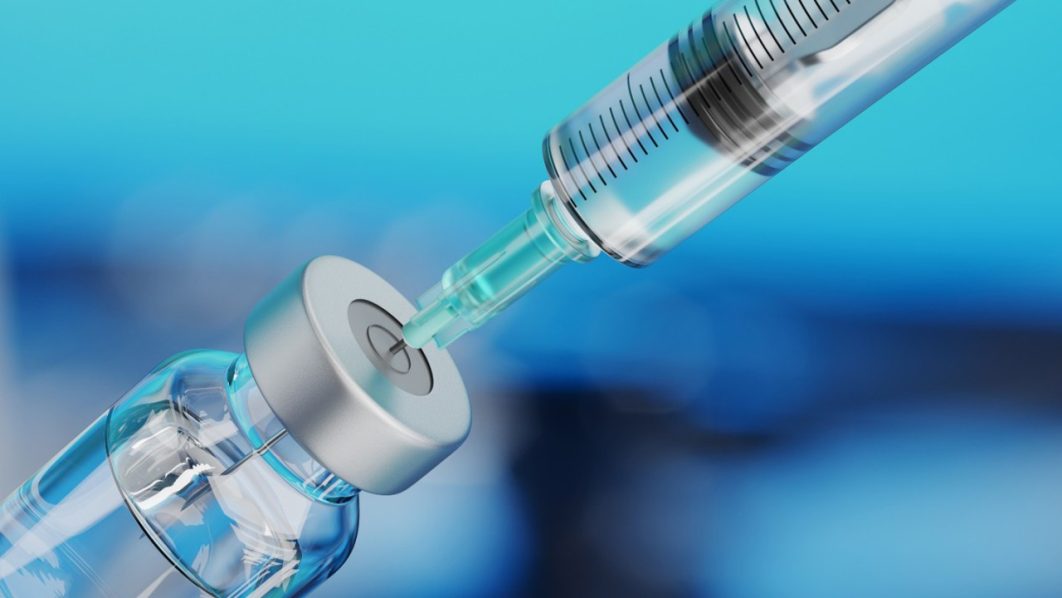
The Gavi Alliance has handed over one million doses of the R21/Matrix-M malaria vaccine to Nigeria, marking a significant milestone in the fight against malaria in the country.
The vaccine will be administered to children aged five months to 15 months as part of routine immunisation and each child requires four doses, given at 5, 6, 7, and 15 months of age, to be fully protected.
Consequently, the first phase of the vaccination will commence next month (November) in two states, Kebbi and Bayelsa, with a high prevalence of malaria.
The introduction will be expanded to other states and integrated into the national routine immunisation schedule, while the second phase will target 19 states and the FCT, and the third phase will target the remaining 15 states, with both phases scheduled for 2025.
Speaking at the handover ceremony yesterday in Abuja, the Executive Director of the National Primary Healthcare Development Agency (NPHCDA), Dr Muyi Aina, said that Nigeria is among the top ten contributors to the global burden of malaria, accounting for approximately 27% of the global burden and 31% of malaria deaths worldwide.
He stated that in 2022, nearly 200,000 deaths from malaria occurred in Nigeria, adding that children under five years of age and pregnant women are the most affected, with a national malaria prevalence rate of 22% in children aged 6-59 months as of 2021.
Aina observed that the World Health Organization (WHO) recommends prioritising the vaccine in areas of high to moderate transmission, adding that this is guiding the country’s phased introduction strategy.
He explained that Kebbi State has the highest prevalence rate in the country (52%), while Bayelsa was selected because its target population of 69,935, along with Kebbi’s 162,014, aligns with the one million doses available for this phase, thereby ensuring that the vaccine supply is effectively utilised.
Aina noted that the vaccine would accelerate the country’s malaria control and elimination efforts, as Nigeria expects about a 13% reduction in all-cause mortality in children under five and a 22% reduction in hospitalised severe malaria cases.
He said, “To ensure a successful rollout, we have established elaborate cross-program coordinating mechanisms that bring together key stakeholders and expertise in the malaria and immunisation space at the national and sub-national levels. The team has developed a robust and responsive demand-generation strategy that is citizen-centred and recognises the needs and expectations of stakeholders at all levels, including caregivers, community gatekeepers, and frontline health workers.”
Aina assured Nigerians that these vaccines, and subsequent deliveries, will be equitably and effectively utilised for the benefit and well-being of the people.
He commended the Coordinating Minister for Health and Social Welfare, Prof. Muhammad Ali Pate, for his highly motivating leadership and international advocacy, which has continued to attract positive favour to the country.
“To our indomitable frontline health workers, we commend your sacrifices and urge you not to relent in your efforts to make our people healthier. To our partners, we appreciate you and look forward to your sustained support as we jointly embark on this journey to vaccinate eligible children against malaria and other vaccine-preventable diseases,” he added.






